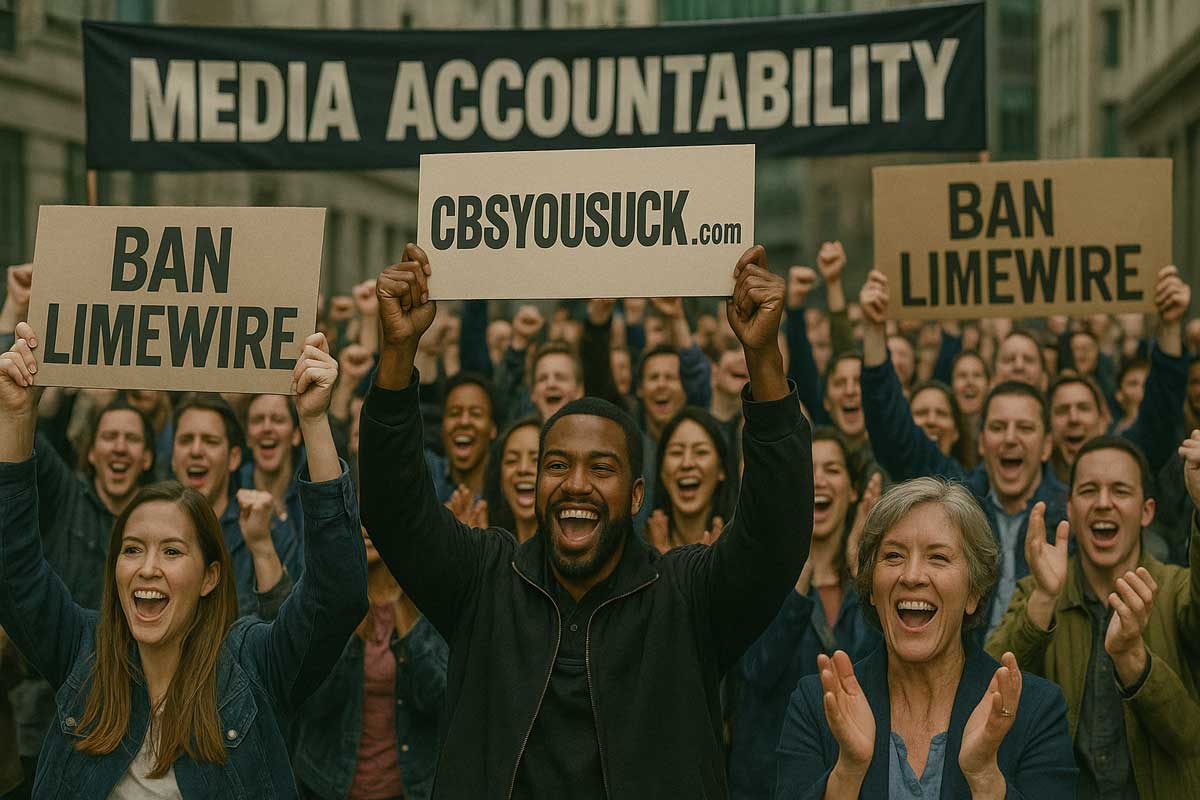In the wake of President Jimmy Carter's 1977 presidential pardon, which offered amnesty to returning draft dodgers, many were still hesitant to return due to the social costs tied to their decisions. These individuals faced scenarios of estrangement from family and friends and choices that society often frowned upon. Visiting various spots across Canada, I spoke with a dozen men and women now in their 70s and 80s who had fled the U.S. As they reflected on their lives and choices half a century later, the shadows of the past and the uncertainties of the future became palpable.
The Vietnam experience lingers on, with current events stirring up old fears. For many, the rise of political tensions has rekindled feelings of vulnerability in their adopted home, a sentiment shared by John Bergenske, who received conscientious objector status before relocating to Canada in 1970. Today, as political landscapes shift, those who sought solace in Canada continue to navigate their identities in a complex world marked by the events of their youth.
The Vietnam experience lingers on, with current events stirring up old fears. For many, the rise of political tensions has rekindled feelings of vulnerability in their adopted home, a sentiment shared by John Bergenske, who received conscientious objector status before relocating to Canada in 1970. Today, as political landscapes shift, those who sought solace in Canada continue to navigate their identities in a complex world marked by the events of their youth.






















